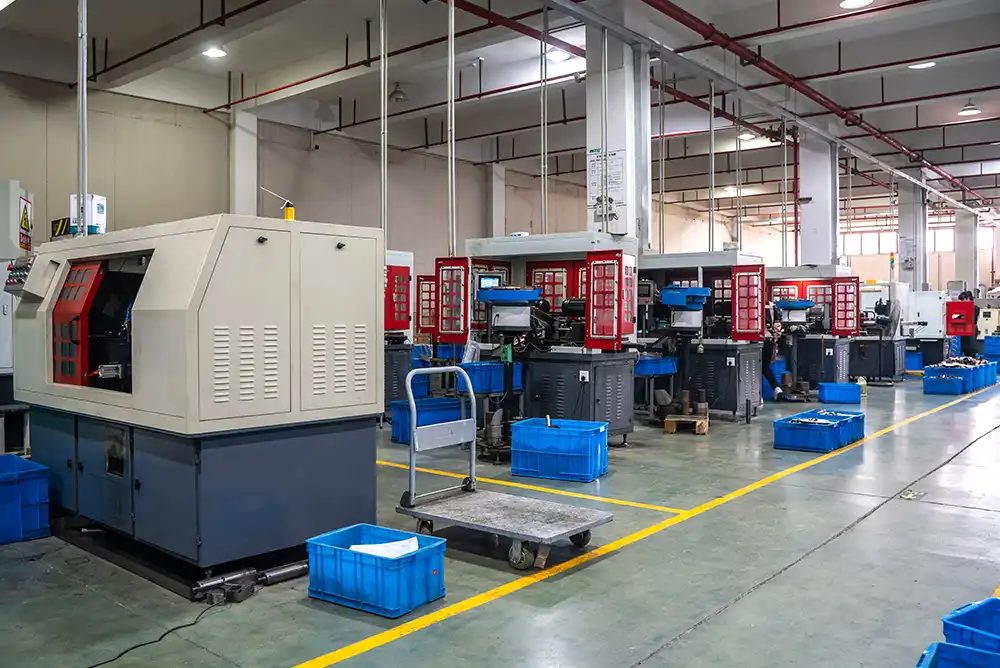- English
- French
- German
- Portuguese
- Spanish
- Russian
- Japanese
- Korean
- Arabic
- Greek
- German
- Turkish
- Italian
- Danish
- Romanian
- Indonesian
- Czech
- Afrikaans
- Swedish
- Polish
- Basque
- Catalan
- Esperanto
- Hindi
- Lao
- Albanian
- Amharic
- Armenian
- Azerbaijani
- Belarusian
- Bengali
- Bosnian
- Bulgarian
- Cebuano
- Chichewa
- Corsican
- Croatian
- Dutch
- Estonian
- Filipino
- Finnish
- Frisian
- Galician
- Georgian
- Gujarati
- Haitian
- Hausa
- Hawaiian
- Hebrew
- Hmong
- Hungarian
- Icelandic
- Igbo
- Javanese
- Kannada
- Kazakh
- Khmer
- Kurdish
- Kyrgyz
- Latin
- Latvian
- Lithuanian
- Luxembou..
- Macedonian
- Malagasy
- Malay
- Malayalam
- Maltese
- Maori
- Marathi
- Mongolian
- Burmese
- Nepali
- Norwegian
- Pashto
- Persian
- Punjabi
- Serbian
- Sesotho
- Sinhala
- Slovak
- Slovenian
- Somali
- Samoan
- Scots Gaelic
- Shona
- Sindhi
- Sundanese
- Swahili
- Tajik
- Tamil
- Telugu
- Thai
- Ukrainian
- Urdu
- Uzbek
- Vietnamese
- Welsh
- Xhosa
- Yiddish
- Yoruba
- Zulu

Precision Manufacturing
Oil-free bearings are bearings that can run stably for a long time without external lubrication. They are widely used in food machinery, medical equipment, aerospace, vacuum environment and clean energy. Wingold's precision manufacturing involves key technologies such as material science, structural design, surface engineering and precision machining.
Main Types of Oil-Free Bearings
Solid lubricant bearings: inlaid or coated with solid lubricants such as graphite, PTFE, MoS₂.
Self-lubricating composite bearings: metal-based (such as copper-based, steel-based) or polymer-based (such as PEEK, PTFE) composite materials.
Oil-containing bearings (maintenance-free in the initial stage): Lubricating oil is stored in the porous structure of powder metallurgy, but self-lubrication is still relied on after long-term operation.

Powder Metallurgy Process (Metal-Based Bearings)
Copper/iron-based powder and solid lubricant (graphite, MoS₂) are mixed evenly.
Cold pressing at 500~800MPa using high-precision molds (±0.02mm).
Sintering (700~900℃) in a reducing atmosphere (H₂/N₂) to form a porous structure.
Impregnation with lubricant: Vacuum impregnation with PTFE or lubricating oil.
Improve dimensional accuracy (IT6 grade) by precision pressing or rolling.
Precision Molding of Polymer Bearings
Applicable to materials such as PTFE and POM, and can manufacture complex structures (such as spiral groove bearings).
Used for PTFE composite materials, precision machining after high temperature curing.
High-Precision Machining
Precision manufacturing process of oil-free bearings
Ensure that the inner and outer diameter tolerances of the bearings are ≤±0.01mm.
Used for micron-level lubrication grooves or surface textures (such as laser engraved micro-pit oil storage structures).
Make the surface roughness reach Ra≤0.2μm and reduce the friction coefficient.

Quality Control and Performance Testing
Key test items Dimensional accuracy: Coordinate measuring machine (CMM) to detect geometric tolerance (roundness ≤ 0.005mm).
Surface quality: Roughness meter (Ra ≤ 0.4μm). White light interferometer to detect coating uniformity.
Friction performance: Pin-disc test machine to measure friction coefficient (target μ ≤ 0.1). SRV test machine to evaluate wear resistance (wear volume ≤ 0.01mm³/N·m).
Environmental adaptability: High temperature test (200℃×100h to verify thermal stability). Salt spray test (ASTM B117, corrosion resistance ≥ 500h).
Industry Standards
ISO 4378: Dimensions and tolerances of sliding bearings.
ASTM D3702: Wear resistance test of PTFE-based bearings.
GB/T 18324: Technical conditions for metal-based self-lubricating bearings.
Learn about our latest products and discounts through SMS or email